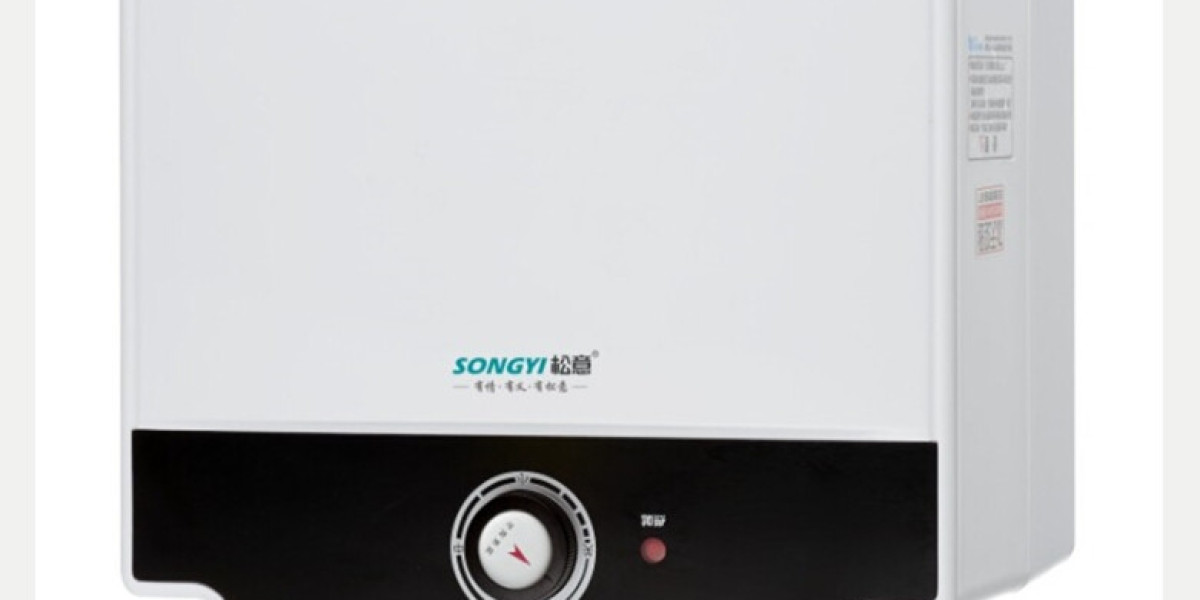A water heater is a vital appliance in any home, providing hot water for bathing, washing dishes, and various other daily tasks. To ensure its efficiency and longevity, proper maintenance and usage are essential. This guide aims to provide comprehensive tips and techniques to help you get the most out of your water heater.
Understanding Your Water Heater
Before diving into maintenance tips, it's crucial to understand the type of water heater you have. Common types include traditional tank water heaters, tankless water heaters, and heat pump water heaters. Each type has its own set of maintenance requirements and operational nuances. Knowing your specific model and its features will guide you in implementing appropriate care.
Regular Maintenance Routine
Temperature Settings: Set the temperature to a safe and efficient level, typically around 120 degrees Fahrenheit (49 degrees Celsius). This prevents scalding and conserves energy.
Annual Inspection: Schedule an annual inspection by a professional plumber. They will check for leaks, sediment buildup, and the overall condition of the heater.
Flushing the Tank: Sediment buildup reduces efficiency and can lead to corrosion. Drain and flush the tank at least once a year to remove sediment.
Inspect Anode Rod: The anode rod protects the tank from corrosion by attracting minerals. Inspect it annually and replace it if it’s corroded more than 50%.
Check Pressure Valve: Test the temperature-pressure relief (TPR) valve annually to ensure it's functioning correctly. Lift the lever to allow water to flow through and check for leaks afterward.
Optimizing Efficiency
Insulate Pipes: Insulate hot water pipes to minimize heat loss as water travels from the heater to your faucets.
Use Timers: Consider using a timer for electric water heaters to match usage patterns, ensuring hot water is available when needed without unnecessary heating during idle times.
Energy Efficient Models: When replacing your water heater, opt for an energy-efficient model. Look for Energy Star ratings and consider tankless or heat pump options for increased efficiency.
Reduce Hot Water Usage: Install low-flow fixtures and practice water-saving habits to reduce the amount of hot water used daily.
Troubleshooting Common Issues
No Hot Water: Check the thermostat setting, pilot light (for gas heaters), or heating elements (for electric heaters).
Strange Noises: Sediment buildup can cause popping or rumbling noises. Flushing the tank usually resolves this issue.
Leaks: Inspect fittings and connections for leaks. Tighten if necessary or replace worn-out parts.
Foul Odors: Bacteria growth in the tank can cause unpleasant odors. Disinfect the tank by flushing it with a hydrogen peroxide solution.
Conclusion
A well-maintained water heater not only provides comfort but also saves money by operating efficiently and lasting longer. By following the guidelines in this comprehensive guide, you can ensure that your water heater performs optimally for years to come. Remember, regular maintenance and prudent usage habits are key to maximizing efficiency and longevity.
In conclusion, taking care of your water heater involves understanding its type, implementing a regular maintenance routine, optimizing efficiency, and knowing how to troubleshoot common issues. By following these guidelines, you can ensure that your water heater remains efficient, reliable, and cost-effective throughout its lifespan.


